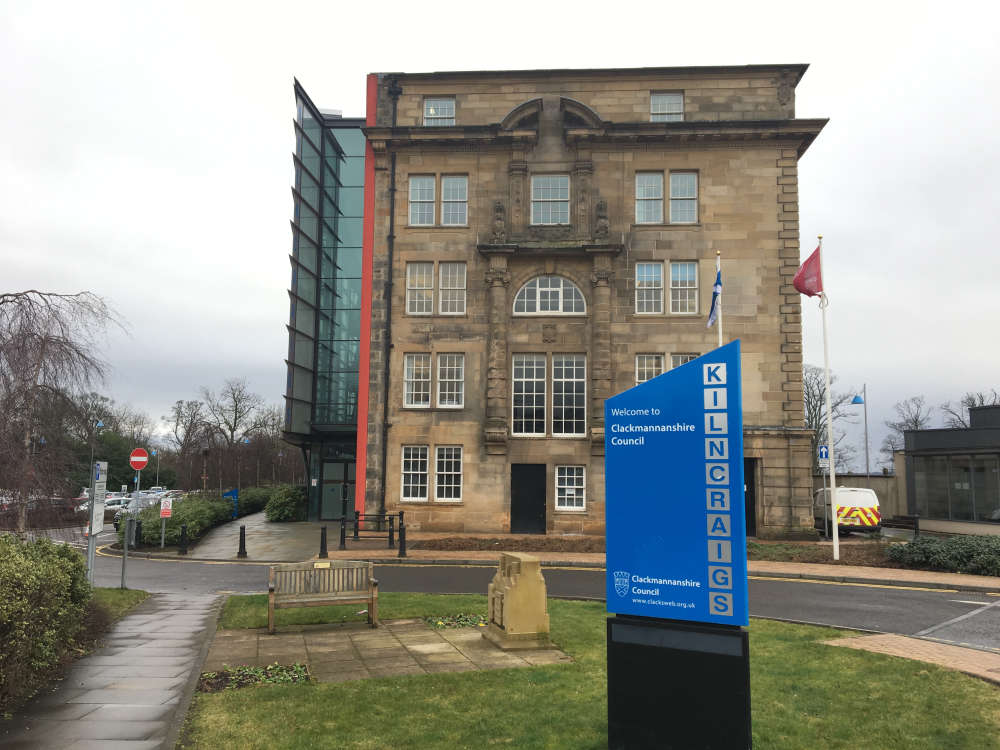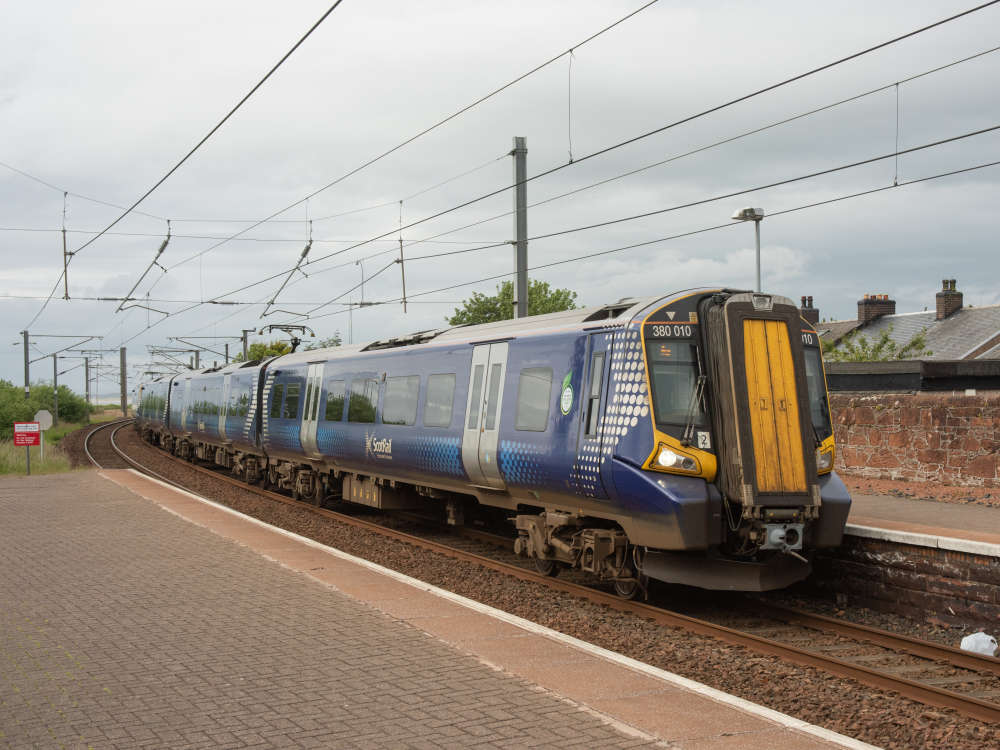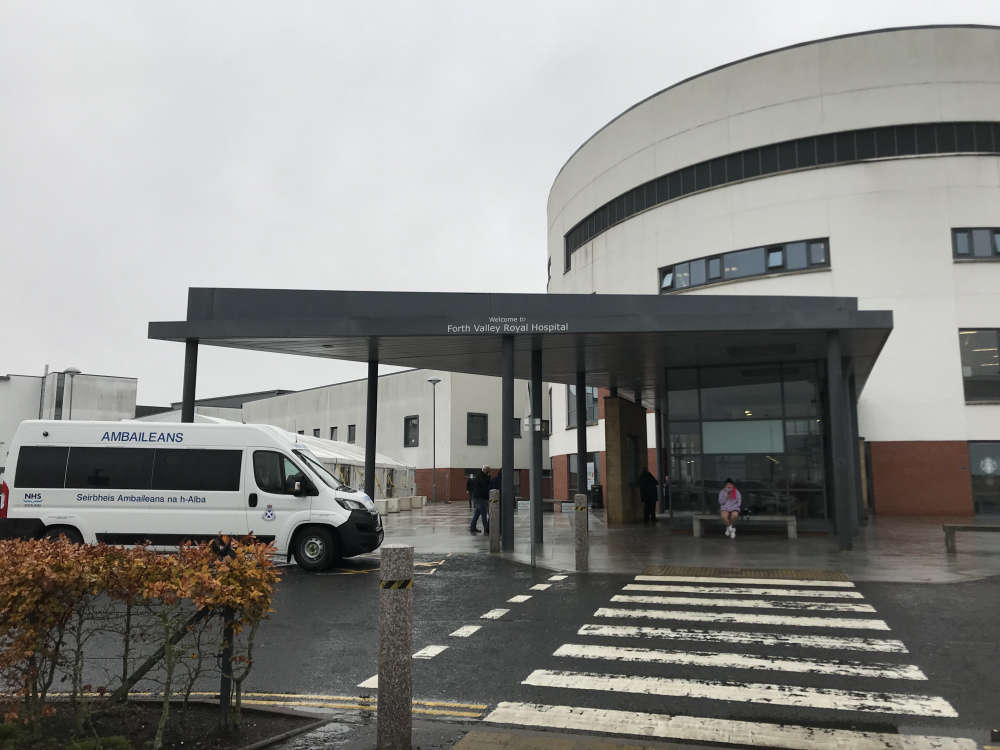
A report says Clackmannanshire Council needs to "urgently address" its finances.
The local authority is needing to save £22 million over the next three years.
A report by the Accounts Commission says they've depended on reserves and one-off savings - and this "cannot continue".
It's praised the local authority for "continuous improvement" over the last five years - but it says services have been hit.
Clackmannanshire Council say they realise the "significant challenges" ahead.
Jo Armstrong, Chair of the Accounts Commission, said:
“Today’s report highlights the progress made by Clackmannanshire Council. The council should rightly be proud of these achievements. There are positive working relationships between councillors and staff and across political parties, with evidence of collaborative working to agree priorities and budgets. But we cannot ignore the fact that the council faces a particular combination of challenges, including strain across recruitment, staff capacity and high sickness absence.
“This is alongside the financial challenges faced by all local authorities in Scotland. The council must develop in more detail and deliver on its plans to transform how it works and the services it will deliver in the future. This is critical to ensure it can operate within budget. We look forward to reviewing the progress made in the 2023/24 annual audit report.”
Council Leader Ellen Forson said: “It was great to hear the Accounts Commission say that our report is probably one of the best reports they've seen at its public meeting on 12th September. For Scotland’s smallest mainland authority to show we continue to punch above our weight on so many fronts was really good to hear. It’s fantastic to have our hard work and all the progress we have made acknowledged by our watchdog.
“I’m also keen to point out that, while we have made significant progress, we are not complacent. We absolutely realise the significant challenges ahead, particularly in respect of financial sustainability as the Accounts Commission has highlighted. We also recognise that many of these challenges lie outwith our control. That is why we have prioritised transformation and collaborative working, with the aim of achieving financial stability, for the past six years, and will continue to do so in the future.”


 Drivers with 12 points on licence still on road
Drivers with 12 points on licence still on road
 Data shows train savings since peak fares scrapped
Data shows train savings since peak fares scrapped
 Court appearance after Sauchie death
Court appearance after Sauchie death
 Hospital restrictions lifted
Hospital restrictions lifted
 New glass bins across Stirling
New glass bins across Stirling